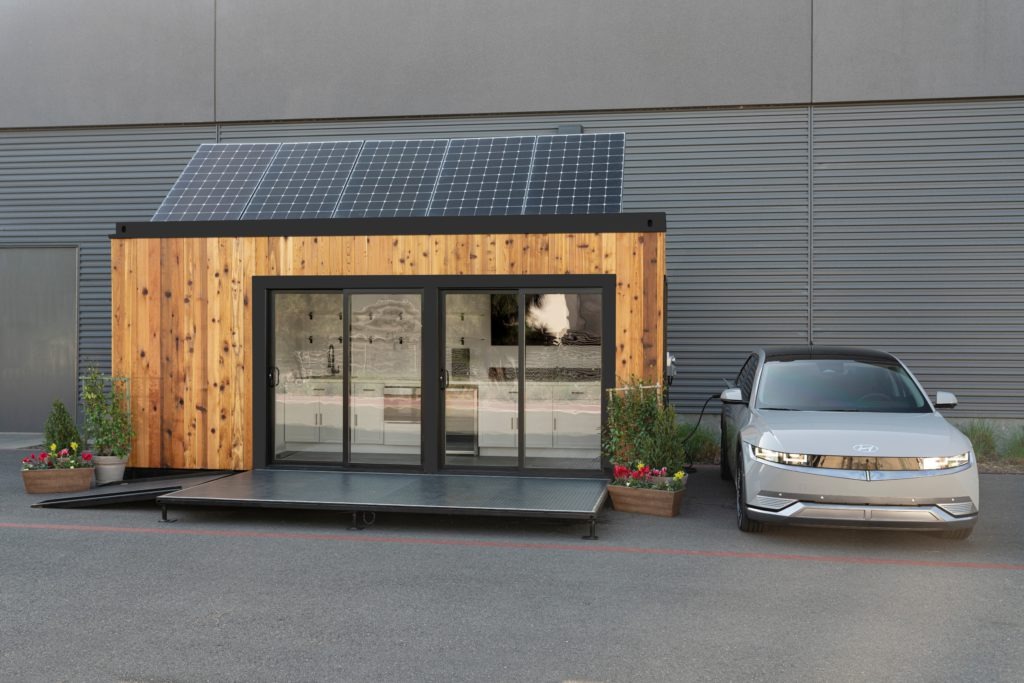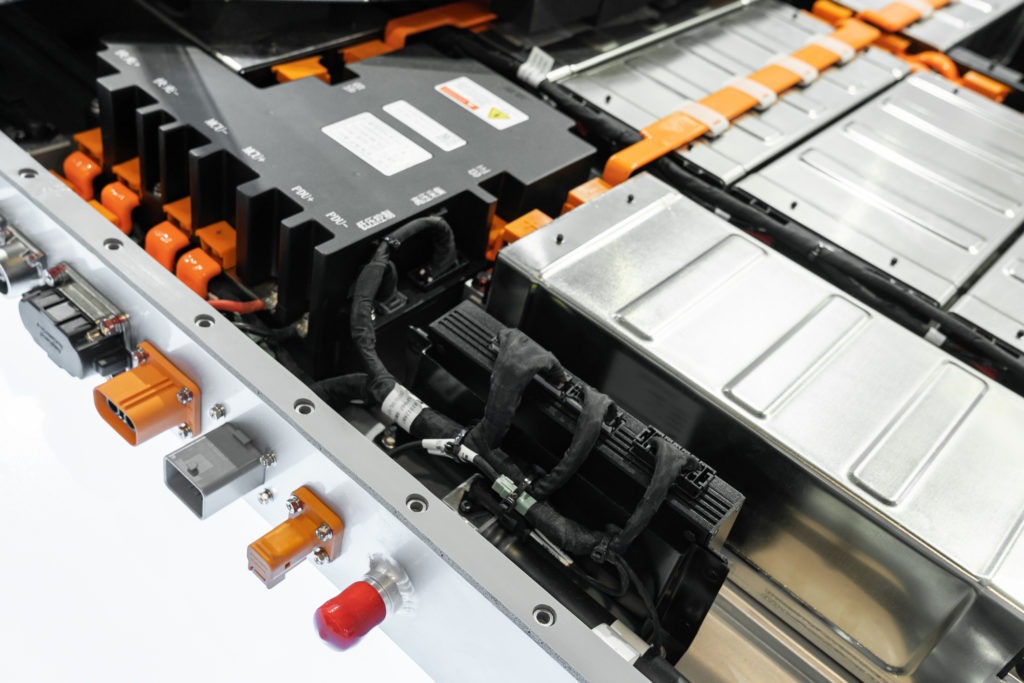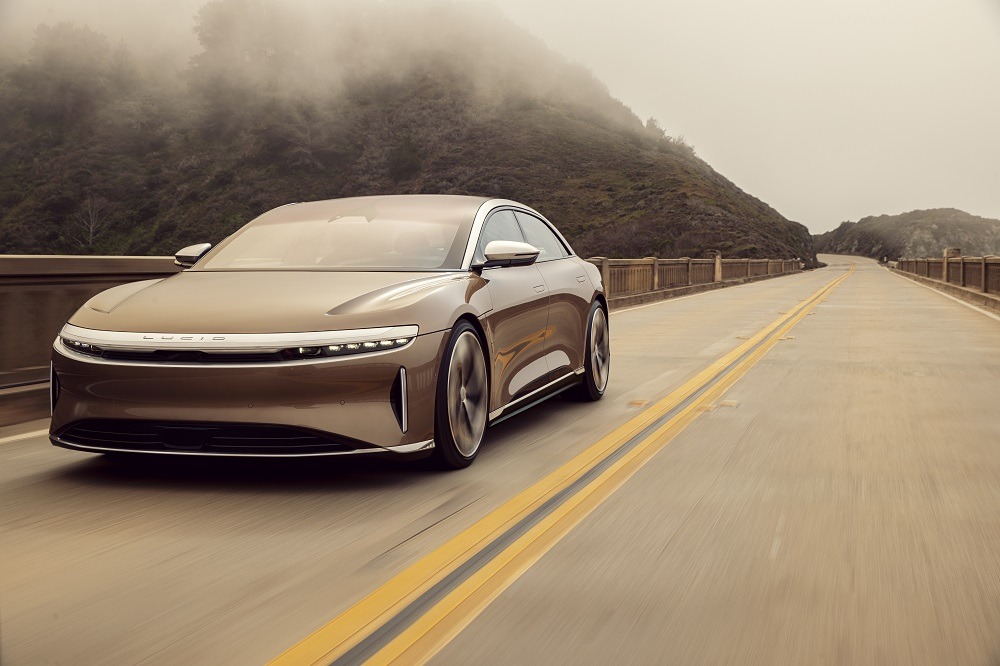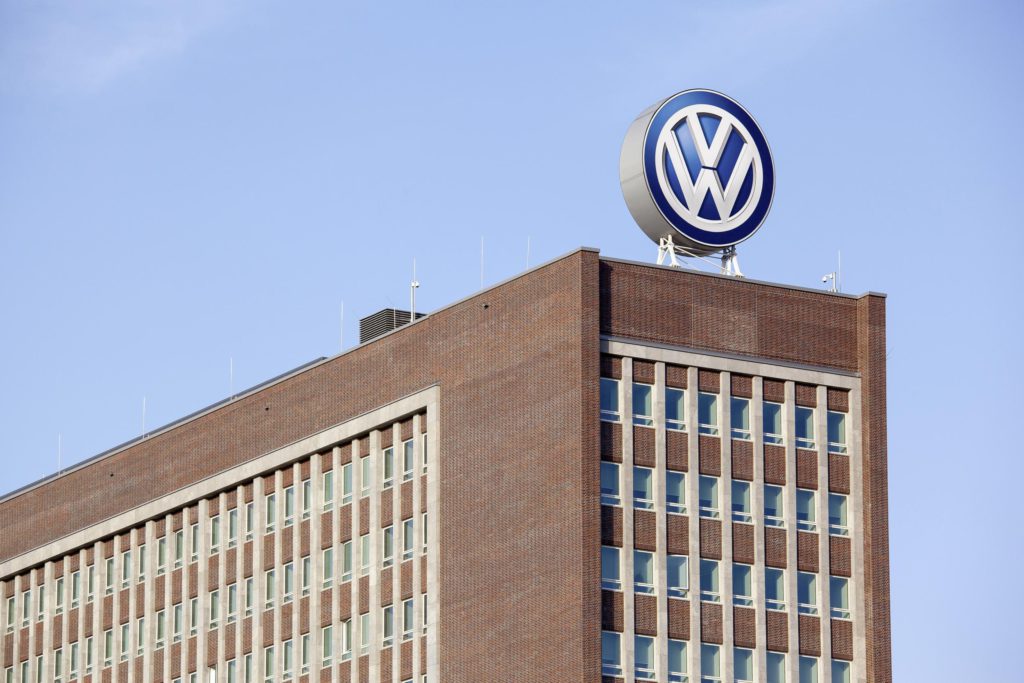VW and Hyundai’s electromobility efforts power up homes
18 November 2021

Power infrastructure is becoming a key area for carmakers looking at integrating smart charging into home charging and energy services as the sale of electrically-chargeable vehicles (EVs) continues to boom.
Tesla recently disrupted the German energy market – the largest in Europe – by rolling out a green energy tariff that promises low electricity rates. And Volkswagen Group (VW), keen to take on the EV maker on many levels, has paired up with ev.energy to launch its first intelligent household-electricity tariff.
VW sells 100% green energy
Through its charging and energy subsidiary Elli, VW is now selling 100% green power to clients driving an EV, saying customers in Germany can save up to €100 per year. The tariff, called Volkswagen Naturstrom Connect, was developed by incorporating the energy tariff with electric-vehicle charging usage.
It is controlled via a dedicated app that directly integrates with VW models through a unique ID, with the process aiming to enable an easy login and connected mobility experience. First launched in August, the service will initially only be available in Germany and allows consumers to track their energy use, carbon avoidance, and energy cost savings.
Customers can also collect reward points for every qualifying smart charge over 7kWh, with 10 points giving users a €5 credit that will be credited to their annual electricity bill. The partnership between VW and ev.energy aims to not only cut costs for EV owners, but also make zero-carbon energy accessible to a broader public.
‘The new Volkswagen Naturstrom Connect tariff allows our customers to take the next step on the path to a sustainable mobility,’ said Ingo Müller, who heads Elli’s energy solutions. ‘We are happy to offer a solution that not only reduces the carbon footprint but also the electricity bill of our customers. Together with our partner ev.energy, we are planning to make this service/tariff available to many more EV drivers in the future.’
The carmaker has high ambitions and wants to become the world’s market leader in EV sales. Its charging division Elli was founded in 2018, with the company saying it is the first provider on the market to offer a holistic energy and charging experience for EV drivers and fleet managers.
As a rising number of drivers opt for EVs and the transition to electromobility in the automotive sector gains more traction, utilities need to reinvent themselves. Collaborations, such as the one between VW’s Elli and ev.energy, will likely be seen more of in the near future.
Hyundai’s energy ecosystem
Another vehicle manufacturer shifting its focus to clean energy solutions in the home environment is Hyundai. The company has announced an ‘integrated clean-energy ecosystem’ called Hyundai Home that offers customers access to solar energy and electric-vehicle charging from their own homes.
It comes equipped with home chargers, solar panels, and energy-storage systems and is reminiscent of Tesla’s Solar, which allows users to store energy for use any time. Hyundai Home will launch in select markets in 2022, and the system will work with any EV. It provides customers with an emission-free way to produce energy, storage, protection from outages and home charging.
‘The goal of the Hyundai Home energy ecosystem is to provide an end-to-end mobility solution that lowers the barriers to EV adoption and gives customers dependable, industry-leading, clean electric power, and the ability to charge their electric vehicle at home,’ said Olabisi Boyle, vice president, product planning and mobility strategy at Hyundai Motor North America.
The carmaker is hoping to improve the EV ownership experience, leaving it up to the consumer to identify the integration and management of a system. It will select products from partners, which the company hasn’t named though Hyundai said these are ‘well-established and reputable.’ By offering consumers a dedicated concierge representative to create a Hyundai Home solution, it aims to optimise individual energy needs.
The new service is part of the manufacturer’s efforts to reach carbon neutrality by 2045. It signals another step for carmakers looking to consistently shift their attention to sustainability outside of mobility services.



